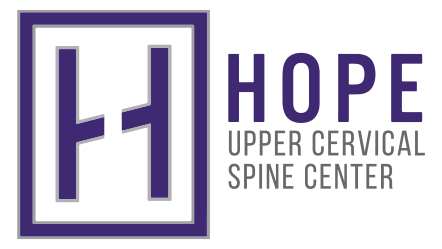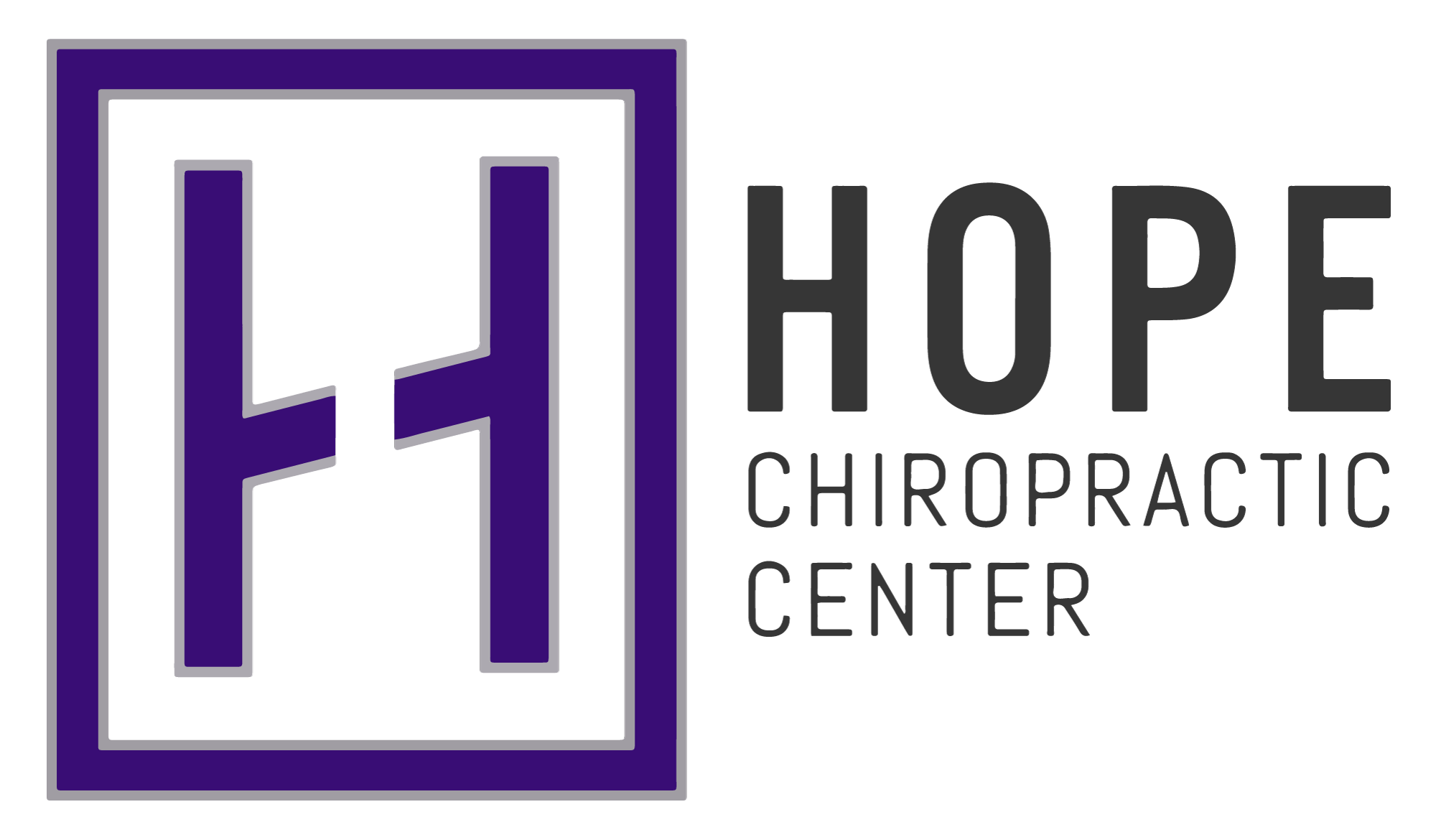
Dizziness is more than a passing discomfort—it’s a symptom that can derail your ability to focus, walk confidently, or even get through daily tasks without fear of imbalance.
For some, it strikes occasionally; for others, it’s a chronic condition tied to deeper neurological or structural issues. The sensation may feel like the room is spinning, the ground is shifting, or your body is disconnecting from space entirely.
While medications or vestibular therapy are common treatments, many people never consider that the issue might stem from the top of their spine. Upper cervical chiropractic care is emerging as a powerful, drug-free approach that addresses dizziness at its neurological root.
What Is Dizziness, Really?
Dizziness is an umbrella term. It may involve:
- Vertigo: a spinning or swaying sensation
- Lightheadedness: feeling faint or disconnected
- Disequilibrium: loss of balance or coordination
- Presyncope: near-fainting sensations
Although inner ear problems like BPPV (Benign Paroxysmal Positional Vertigo) or Meniere’s disease often get the blame, the root cause can sometimes lie in the central nervous system—or more specifically, in structural misalignments that affect neurological signaling between the brain and body.
This is where the upper cervical spine—the atlas (C1) and axis (C2) vertebrae—plays a pivotal role.
Why the Upper Cervical Spine Matters
The brainstem, which regulates balance, eye movement, and coordination, passes through the upper cervical spine. Even minor misalignments in this area can compress nerves, distort blood flow, or interfere with the cerebrospinal fluid, leading to disorientation and instability.
Here are three core ways upper cervical misalignment can contribute to dizziness:
- Brainstem Interference: When the atlas shifts out of position, it may put pressure on the brainstem, distorting messages about body position and equilibrium.
- Disrupted Fluid Dynamics: Proper spinal alignment supports blood flow and cerebrospinal fluid circulation—both critical to inner ear and vestibular function.
- Postural Compensation: Misalignment in the upper neck often leads to head tilt and muscular compensation, which may stress the vestibular system further.
What Happens During an Upper Cervical Adjustment?
Upper cervical chiropractic focuses exclusively on the top two vertebrae of the spine. This approach is precise and gentle—there’s no twisting, popping, or general spinal manipulation involved.
The process typically includes:
- Digital imaging or thermographic scans to measure misalignment
- Customized adjustment based on millimeter-level analysis
- Low-force correction, often delivered with the hands or a specialized instrument
- Post-adjustment monitoring to ensure the correction holds over time
Because the adjustment is so specific, patients often experience powerful systemic effects—sometimes even after the very first visit.
Patient Experiences and Results

Many patients who previously suffered with chronic dizziness or vertigo report meaningful improvements after receiving upper cervical care. Common outcomes include:
- Increased stability when walking or standing
- Fewer dizzy spells or episodes
- Greater ability to participate in daily activities without fear of imbalance
- Reduced need for medications or vestibular suppressants
These benefits don’t appear overnight—but with consistent care, the body can adapt, heal, and regain its sense of spatial control.
A Complementary Wellness Strategy
Chiropractic care doesn’t exist in a vacuum. To support dizziness recovery, patients are often encouraged to:
- Stay hydrated to maintain inner ear function
- Practice gentle movement to recalibrate the vestibular system
- Limit exposure to rapid head movements early in recovery
- Eat a low-sodium diet if fluid pressure is a trigger (especially for Meniere’s)
Upper cervical care can act as the foundation for these other strategies, helping the body function more efficiently and heal more naturally.
Local Expertise for Long-Term Relief
Hope Chiropractic provides focused, compassionate care to patients seeking relief from dizziness, vertigo, and related neurological conditions. If you’re in Keller, Southlake, Grapevine, Colleyville, Westlake, or Trophy Club, you don’t need to continue living with the frustration of balance issues. We’re here to help you find your footing again—literally.
Medical Disclaimer
This article is intended for informational purposes only and should not be taken as medical advice. Please consult a licensed healthcare provider for a diagnosis or treatment plan specific to your condition.

